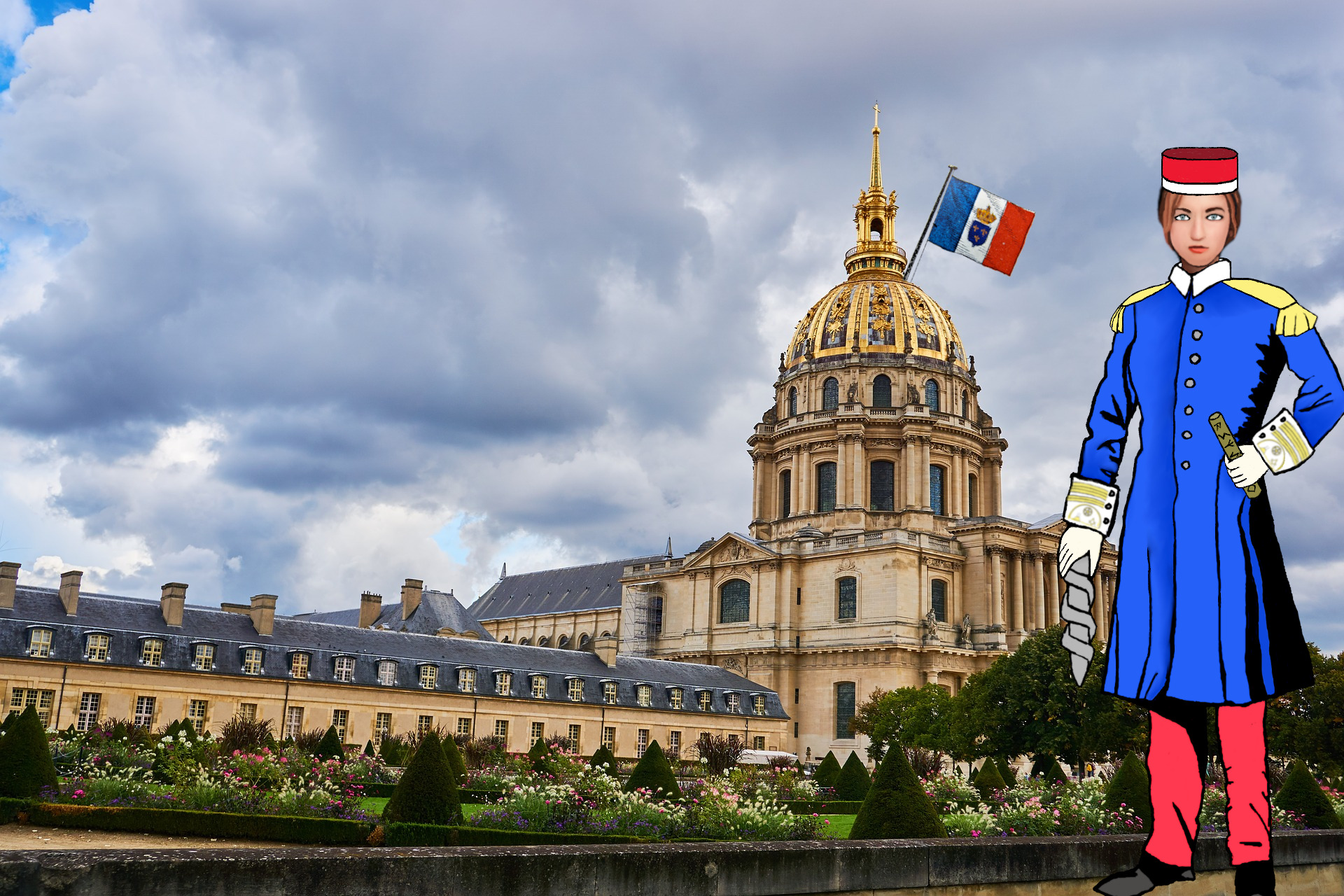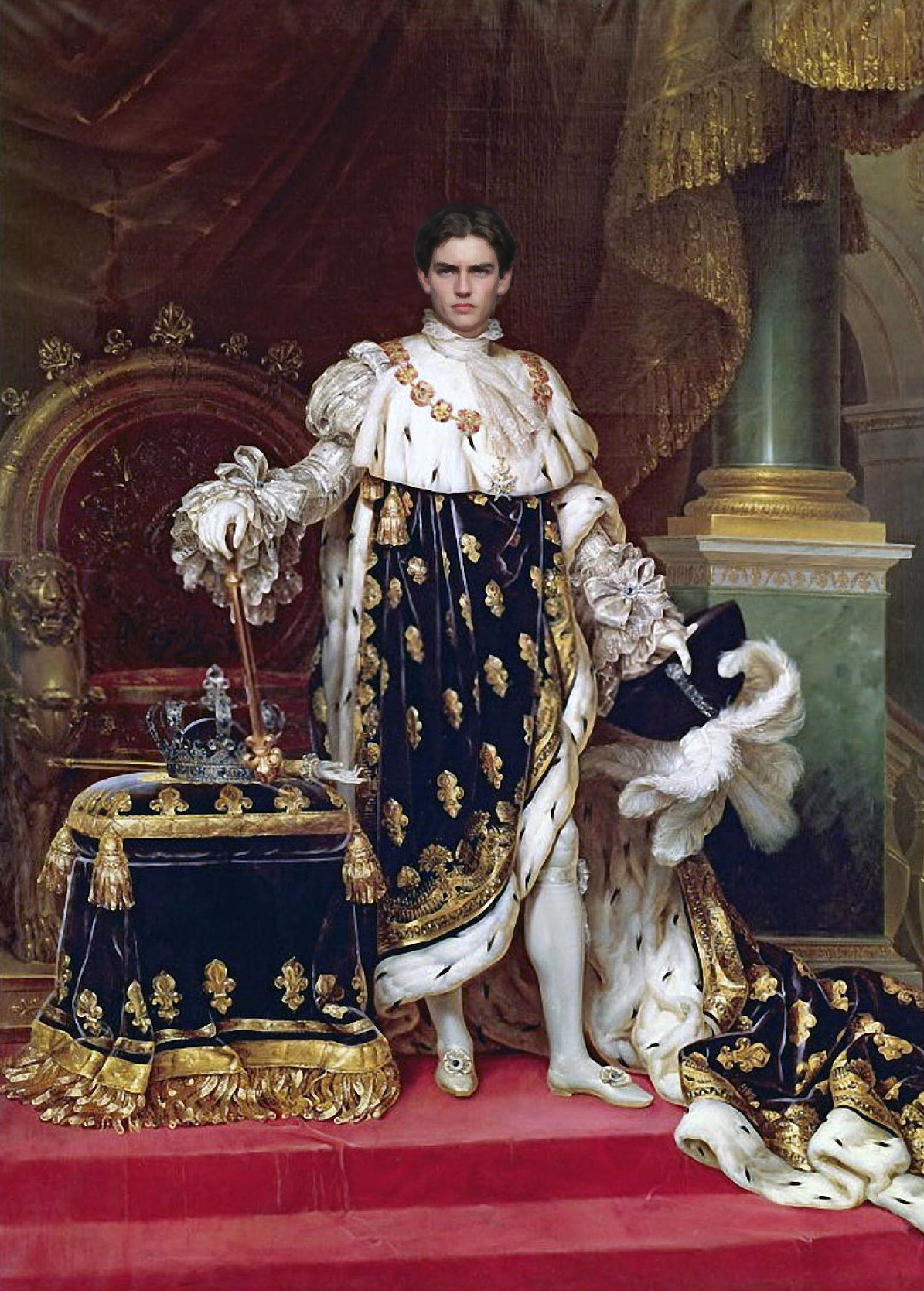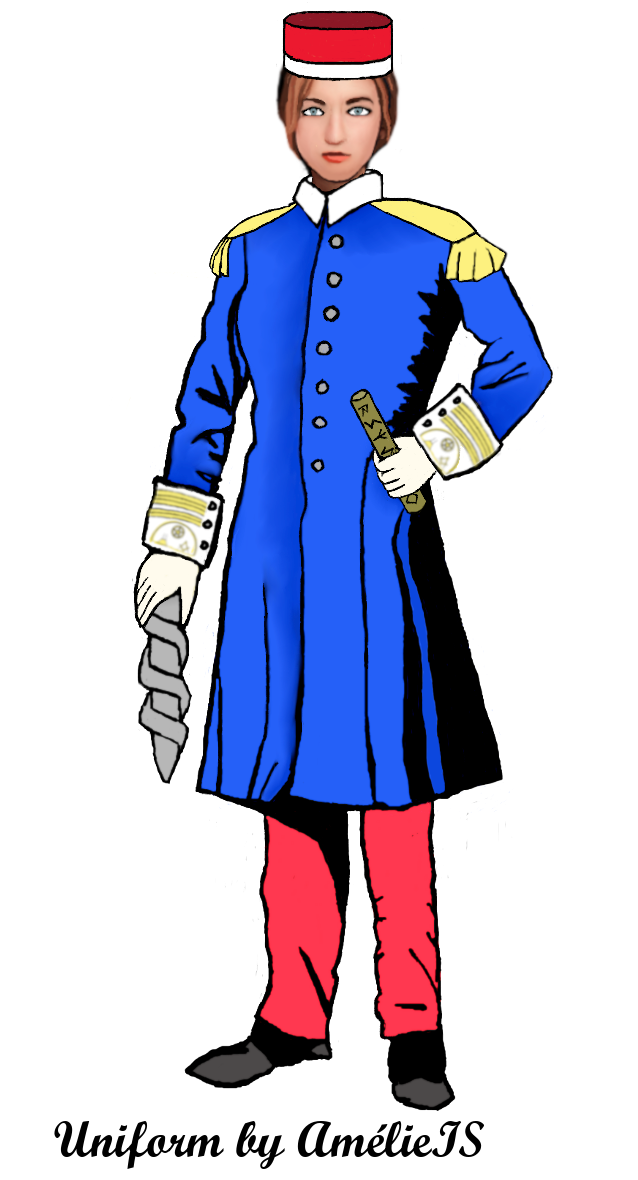After the revolution of 1789 and the execution of King Louis XVI in 1793, France opted to establish an elective constitutional monarchy. However, this triggered a series of wars against a coalition of the other European countries who wanted to reinstate the royal family on the throne. Thus, the first elected kings of France were military leaders, cumulating with the election of Napoléon. At Napoléon's death, however, the British interfered with the election to have king Louis XVIII elected and the "proper" dynasty back on the throne. After Louis XVIII's death, the British also managed to have his brother, Charles X, elected. Nevertheless, Charles X proved to be extremely unpopular, and his behaviour triggered a new revolution that saw him banished from France.
There was then some talk of installing Napoléon's now adult son on the throne, however after being raised in Austria by the enemies of France, his loyalty could not be fully trusted. A conflict was prevented when it became known that the prince was sick with pneumonia and unlikely to live long (he would die two years later in 1832). Instead, a new extremely popular military leader who was widely considered to be the true heir to Napoléon's spirit was elected. Soon after his election,
King Lucien had to face a war against yet another coalition of Britain, Prussia, Russia, and Austria—and the Austrian Flanders—who were all contesting the results of the election.
France was losing the war until King Lucien revolutionised the army further than Napoléon had had the time to do. This made the new king incredibly popular in the country and consolidated his power. A peace treaty was then signed between France and the coalition, which resulted in France being given the South of the Austrian Flanders, including the city of Lille.
After a few years of peace, France is now once again at war with Prussia.










I love this article!
Thanks, I'm glad you like it :D